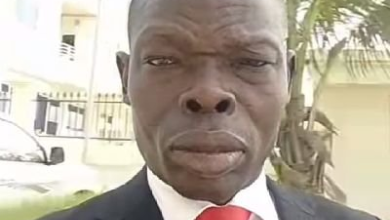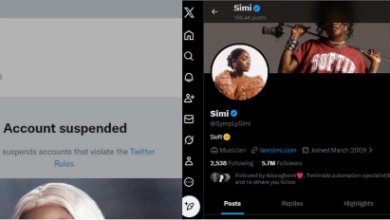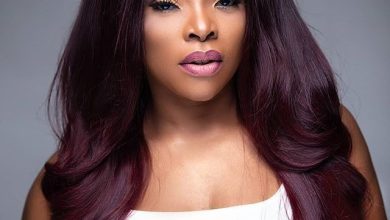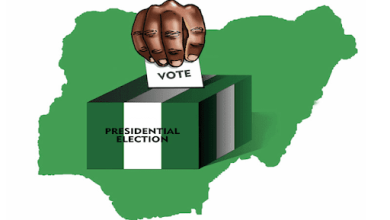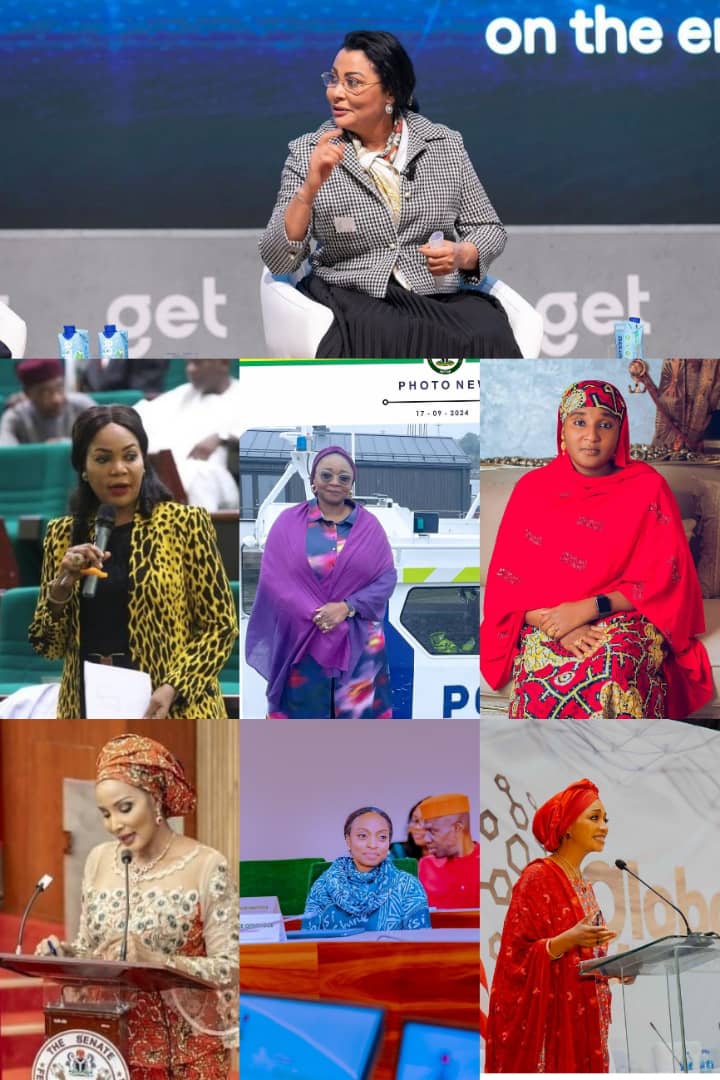
Since the return to democracy in 1999, women’s political participation in Nigeria has been in a constant state of flux. Report by Global Gap Gender 2024 showed that Nigeria ranked 125th out of 146 countries.
Though there seems to be a gradual improvement, participation remains low. Recent research has indicated that initially, only 3% of Senate seats were held by women. Participation increased to 7% by 2015, whilst the House of Representatives was at 7.2% in 2011 before declining again.
The National Policy on Women, adopted since 2000 and replaced with the National Gender Policy has continued to advocates for 35% female representation; yet structural barriers and cultural norms persist, limiting women’s roles in politics.
Activists such as the CEO of the Nigerian Women Trust Fund, Mufuliat Fijabi, Cynthia Mbamalu, a programme director at YIAGA Africa, and Ayodeji Osowobi, a founding member of the Feminist Coalition focusing on women’s rights, have continued to push for women’s rights in political participation.
As the challenges persist, the Women in Politics Forum (WIPF) filed a suit on the issue and highlighted the government’s obligation to adhere to international treaties on women’s rights. Consequently, on April 6, 2022, a Federal High Court in Abuja ruled that the Nigerian government must implement a 35% affirmative action for women in public appointments.
The ruling delivered by Justice Donatus Okorowo deemed previous failures to implement this policy as unlawful and discriminatory against women. It emphasised the need for tangible action beyond mere policy statements. These court rulings and constitutional reviews aim to enhance women’s inclusion; yet implementation remains a challenge.
Having been conscious of this, the current administration included the challenge of women’s inclusion in Nigerian politics and leadership in the “Renewed Hope” manifesto by Bola Tinubu, emphasising the 35% affirmative action for women in governance. This includes legislation aimed at increasing female employment in government agencies and reserving senior positions for women at both federal and private levels.
The agenda also highlights economic empowerment initiatives, such as providing access to credit for women-owned businesses, addressing gender-based violence, and promoting education for girls, particularly in STEM fields. However, the implementation of these promises remains is yet to materialise.
New Government, Same Story
Under President Bola Ahmed Tinubu’s administration, women’s representation in the Nigerian government remains critically low as always.
When President Bola Ahmed Tinubu resumed office in 2023, he appointed 46 ministers, comprising 39 men and 7 women under the executive arm of government. Following a cabinet reshuffle on October 23, 2024, the current cabinet consists of 41 men and 7 women, totalling 48 ministers.
A recent report by Dataphyte has shown that this results in approximately 85.4% male representation and 14.6% female representation, which significantly falls short of the 35% affirmative action goal outlined in Tinubu’s Renewed Hope Manifesto.
According to the latest data from the National Assembly’s constitution review, in the current 10th Assembly, women occupy only 3 out of 109 seats in the Senate, which represents approximately 2.7% of total Senate membership. In the House of Representatives, there are 17 women out of 360 seats, accounting for about 4.7% of that chamber.
The specific seven ministerial positions currently held by women in Tinubu’s cabinet include:
1. Hannatu Musawa as Minister of Art, Culture and the Creative Economy
2. Imaan Sulaiman-Ibrahim, as Minister of Women Affairs
3. Doris Uzoka-Anite as Minister of Industry, Trade and Investment
4. Nkeiruka Onyejeocha as Minister of State for Labour and Employment
5. Dr. Suwaiba Ahmad, as Minister of State for Education
6. Bianca Odumegwu-Ojukwu, as Minister of State for Foreign Affairs
7. Dr. Jumoke Oduwole as Minister of Industry, Trade, and Investment
These appointments reflect some progress in including women in significant roles, but their overall numbers remain disproportionately low compared to their male counterparts.
Hence, the ongoing efforts to increase women’s representation remains an issues battling with numerous challenges, including cultural barriers, lack of support within political parties that further depicts how women are misjudged and underrepresented.
Despite continual advocacy for gender equity and few constitutional reforms aimed at enhancing women’s political participation, tangible changes have yet to materialise, leaving Nigeria with one of the lowest rates of female political representation globally.
While the underrepresentation raises concerns about potential gender-biased policymaking and the prioritisation of women’s issues in governance, ongoing discussions regarding constitutional reforms show an urgent need for systemic change to improve women’s representation and address the barriers they face in Nigerian politics.
Editor’s note: This story was first published by Crisp.ng.


